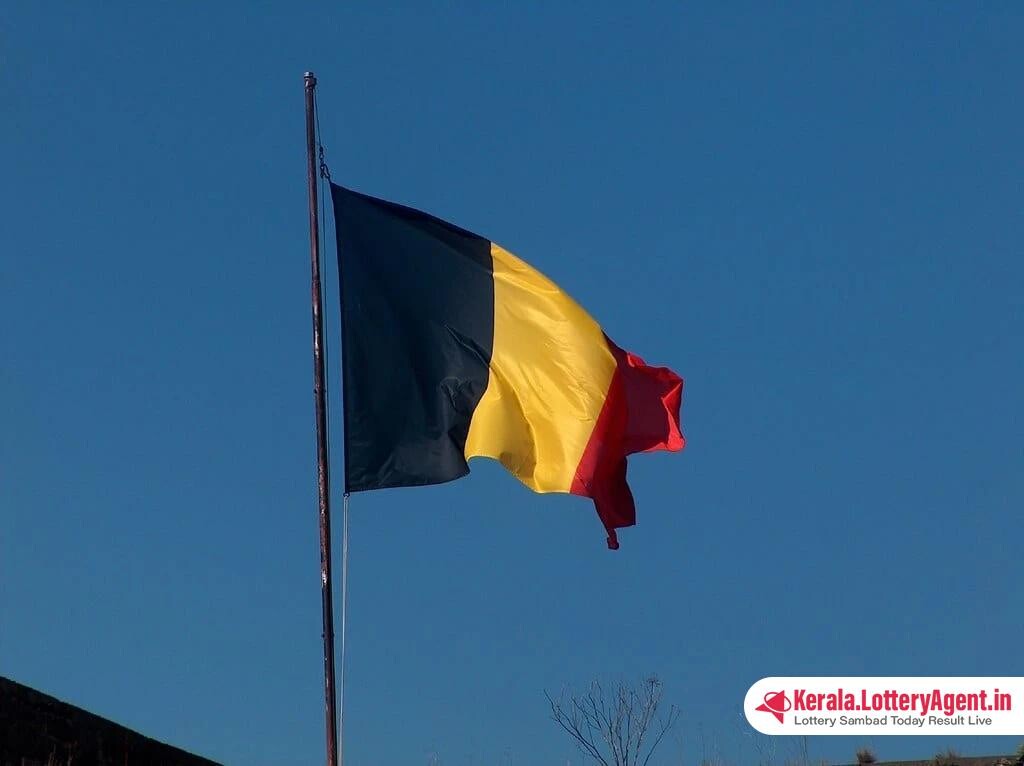
As of July 1, 2023, Belgium has witnessed the enforcement of a sweeping ban on gambling advertisements, following the unsuccessful legal challenge by a coalition of sports teams and gaming operators against the Royal Decree. The introduction of such a stringent regulation has sparked significant controversy within the nation’s gaming industry.
Bago, the influential Belgian gambling trade association, has voiced its concerns, particularly emphasizing that the government has dismissed advice from the country’s Gambling Commission in instituting the ban.
In light of these developments, Gaming1, a prominent player in the industry, has presented a detailed report on the repercussions of the Royal Decree, specifically regarding the channelization towards legal gaming operators within Belgium.
The analysis by Gaming1 draws upon research conducted by Nepa in 2023, uncovering a worrying trend: a 6% surge in online players frequenting illegal websites within three months post-Decree, alongside a 4% increase in financial deposits made on such sites.
Furthermore, Gaming1’s report reveals stark figures from studies initiated by the Belgian Gaming Commission (BGC) and Yield Sec. Yield Sec’s investigation detected a 4.4 fold growth in illegal gaming operations in 2024, with the count of such entities soaring from 500 to an alarming 2,214.
Amidst the bustling athletic activities during the summer season, Gaming1 underscores the critical need to clamp down on illicit gambling practices. However, challenges loom large. The report elaborates on factors that lure individuals to the black market, including greater winning prospects, effortless access, and the ability to circumvent the legal gambling age threshold of 21 years.
The consequences of partaking in illegal gambling are severe, exposing players not only to potential legal repercussions but also stripping them of any protective measures such as responsible gaming systems designed to mitigate harm.
A survey commissioned by IPSOS in collaboration with the BGC highlights the pervasiveness of illicit gambling sites, revealing that four among the ten most renowned gaming websites in Belgium operate outside the legal framework.
Gaming1’s investigation brings to light the issue of over-regulation and its perceived detrimental impact on channelization—the redirection of players towards regulated entities. In recent years, Belgium has implemented several regulatory changes aimed at safeguarding players, but according to Gaming1, these measures are becoming “increasingly restrictive.”
Significant regulatory shifts have been seen since 2020: Belgium has eliminated bonuses and free bets, introduced a €200 weekly deposit cap, enacted an almost complete advertising ban in 2023, and is set to increase the sports betting legal age to 21 by September.
While these changes are significant, Gaming1 contends they do not effectively tackle the core issues; rather, they embody a trend towards stigmatization rather than relying on a scientific, evidence-based approach.
One cannot overlook the financial significance of the gambling sector, which sustains approximately 16,000 jobs in Belgium and contributes roughly €1.17 billion in taxes annually, according to BGC’s 2022 data.
Advocating for a different tact, Gaming1 calls for a more nuanced approach in combating the growth of the black market. The organization suggests better implementation of strategies such as self-restriction, self-assessment, and personalized messages informed by individual risk levels.
Gaming1’s report also underscores the necessity of striking a delicate equilibrium between regulatory measures and fostering a competitive gambling sector. Achieving this balance calls for enhanced dialogue among key stakeholders, including lawmakers and regulatory authorities, to ensure that the industry thrives while adequately protecting consumers.












